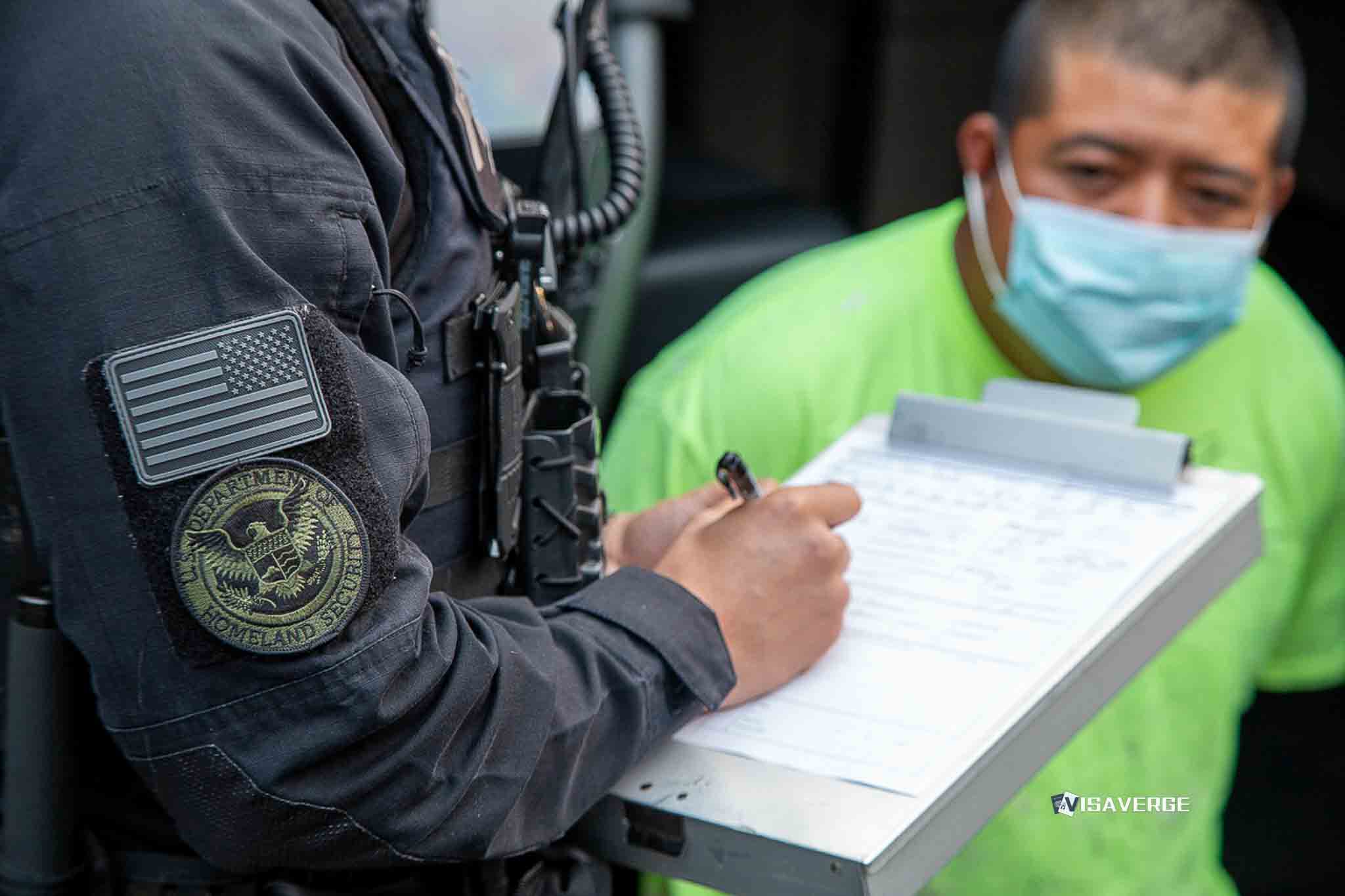Poland is moving to extend its citizenship residency requirement from three to ten years for most naturalization applicants, a sharp shift that could reshape the plans of thousands of long-term residents. On August 6, 2025, President Karol Nawrocki submitted a draft law to parliament that would raise the minimum period of uninterrupted legal residence from three to ten years. The bill (Sejm print no. 1273) is advancing through the legislature.
If adopted, the change will take effect 30 days after publication in the Journal of Laws, and will apply only to applications filed after the effective date. Applications filed before the change will remain governed by the current three-year threshold.

Key amendment details
- Targets Article 30(1)(1) of the Polish Citizenship Act.
- Introduces a 10-year uninterrupted residence requirement for standard naturalization.
- Keeps other conditions in place:
- Permanent residence permit (or EU long-term resident status or right of permanent residence)
- Stable income
- Legal title to housing
- B1-level Polish language skills
- Exemptions and shorter routes remain for:
- Spouses of Polish citizens
- Holders of the Pole’s Card (Karta Polaka)
- Refugees or humanitarian cases
- Officials say this aligns Poland with some EU peers (e.g., Italy, Austria) that require a decade of residence.
The new rule, if enacted, applies only to applications filed after the law’s effective date; current applicants submitting before that date keep the three-year standard.
Policy changes overview (at a glance)
- Draft filed: August 6, 2025, by President Karol Nawrocki (Sejm print no. 1273).
- Core change: Raise standard residency requirement from 3 → 10 years of uninterrupted legal residence.
- Scope: Applies to applications filed after the law enters into force.
- Effective trigger: 30 days after publication in the Journal of Laws.
- Unchanged conditions: permanent status, income, housing, and B1 language competence.
- Exemptions preserved: spouses, Karta Polaka holders, refugees/humanitarian cases.
Fees and procedures (effective August 1, 2025)
Alongside the proposed residency change, new fees and procedures came into force on August 1, 2025 under the Act of June 25, 2025. These apply to citizenship filings regardless of outcome; fees are non-refundable.
- Granting Polish citizenship by the President: previously free; now PLN 1,669
- Recognition as a Polish citizen (by the Voivode): previously PLN 219; now PLN 1,000
- Confirmation of possession or loss of citizenship: previously PLN 58; now PLN 277
Authorities expect longer processing times due to stricter verification and a likely wave of last-minute filings before the new rule takes effect. Applicants should prepare for detailed checks of:
- residence continuity,
- tax and income records,
- language certificates.
Where possible, gather records that cover the entire qualifying period: entry stamps or border records, contracts, rental agreements, and registration certificates.
For official guidance, see the Polish government portal at https://www.gov.pl. For the Voivodeship recognition route, the application form and instructions are on the service page “Uznanie za obywatela polskiego” at https://www.gov.pl/web/gov/uznanie-za-obywatela-polskiego.
Main pathways (unchanged in type; fees updated)
- Recognition as a Polish citizen by the Voivode — a rule-based route for applicants who meet residence and integration tests.
- Granting of citizenship by the President — a discretionary route used for special merits, humanitarian reasons, or complex cases.
Note: The August 1 fee increases are already in force, while the longer residence rule will apply only if the draft law is adopted and becomes effective.
Impact and political context
Analysis by VisaVerge.com links the legislative push to months of debate over integration, security, and the scale of Poland’s foreign population. The largest group likely to feel the change is the Ukrainian community, estimated at 1.5 million in 2023, many of whom have ties in Poland since 2014 and especially after 2022.
- For families planning to apply this year, the shift from three to ten years could delay citizenship plans by up to seven additional years.
- Critics warn the jump from three to ten years is drastic and could leave settled workers and students in limbo.
- Legal advisers caution that proving an “uninterrupted” stay will increase paperwork, especially for applicants who changed cities, employers, or permits.
Political positions:
– Backers (including President Karol Nawrocki and figures linked to Law and Justice, PiS) argue the change deepens integration and aligns Poland with stricter EU peers.
– Opposition figures, including Prime Minister Donald Tusk, have criticized the bill’s direction.
– The proposal surfaced near the May 18, 2025 presidential election, prompting debate about timing and motives. PiS does not hold a parliamentary majority, so the final vote is uncertain.
Practical effects for applicants
Important practical points:
– If you already meet the current rule, there is a strong incentive to file before the new law takes effect; doing so preserves the three-year threshold for your case.
– After implementation, most standard applicants will need ten years of uninterrupted residence, potentially altering plans around work, study, or family.
– You must demonstrate an uninterrupted stay—gaps due to permit changes, job shifts, or periods abroad will require precise records and explanations.
– Other conditions remain: permanent status, stable income, legal housing, and B1 Polish.
Special categories:
– Spouses of Polish citizens: retain faster routes, usually linked to marriage length and residence.
– Karta Polaka holders: retain their shorter track based on historic ties.
– Refugees and humanitarian cases: continue on shorter, case-by-case timelines.
– EU Blue Card holders: may still benefit from EU-level residence counting in certain scenarios; the draft does not alter EU rules.
Recommended application steps for 2025
- Prepare documents:
- residence proof,
- income and tax records,
- housing title,
- language certificate,
- any status evidence (e.g., Karta Polaka, refugee status).
- File with the Voivodeship Office for recognition, or the Chancellery of the President for the discretionary route.
- Pay the applicable stamp duty under the August 1 fee schedule (fees are non-refundable).
- Respond promptly to requests for updates or missing records.
- Receive the decision.
Practical planning tips:
– If close to eligibility under the current rule, prepare your file now to reduce delays.
– Keep detailed proof of an unbroken stay: utility bills, lease renewals, school records, payroll records.
– For mixed-status families, consider filing separately so one partner may benefit from a shorter track.
Outlook and timeline
- If parliament adopts Sejm print no. 1273, the change will take effect 30 days after publication in the Journal of Laws and will apply to all applications filed after that date.
- The August 1, 2025 fee increases (Act of June 25, 2025) are already in force and will remain regardless of the naturalization rule change.
- Officials indicate further tweaks may be possible (especially for humanitarian cases and EU coordination), but no additional draft text is currently in the parliamentary record.
What this means for communities and employers
- Skilled workers and students may reassess long-term settlement, family unification, and home purchase decisions given a longer horizon to citizenship.
- Employers relying on foreign talent may see staff delay citizenship plans or opt to retain permanent residence instead.
- Cities with large foreign populations can expect greater demand for legal assistance and language testing as applicants work to meet B1 and documentation standards.
Stakeholder positions:
– Supporters frame the move as strengthening cohesion and public trust in the passport.
– Opponents warn the higher bar may discourage well-integrated residents who contribute economically and socially.
For official information about procedures and contacts, visit the Polish government portal: https://www.gov.pl. To start the recognition process and access the application form hosted by the government, use the service page for “Uznanie za obywatela polskiego”: https://www.gov.pl/web/gov/uznanie-za-obywatela-polskiego. These pages also list Voivodeship Offices, required documents, and payment steps under the updated fee schedule.
This Article in a Nutshell
A draft law filed August 6, 2025 would increase Poland’s citizenship residency requirement from three to ten years for applications filed after the law takes effect; fee hikes already effective August 1, 2025 raise costs and prompt advice to file before the new rule.







